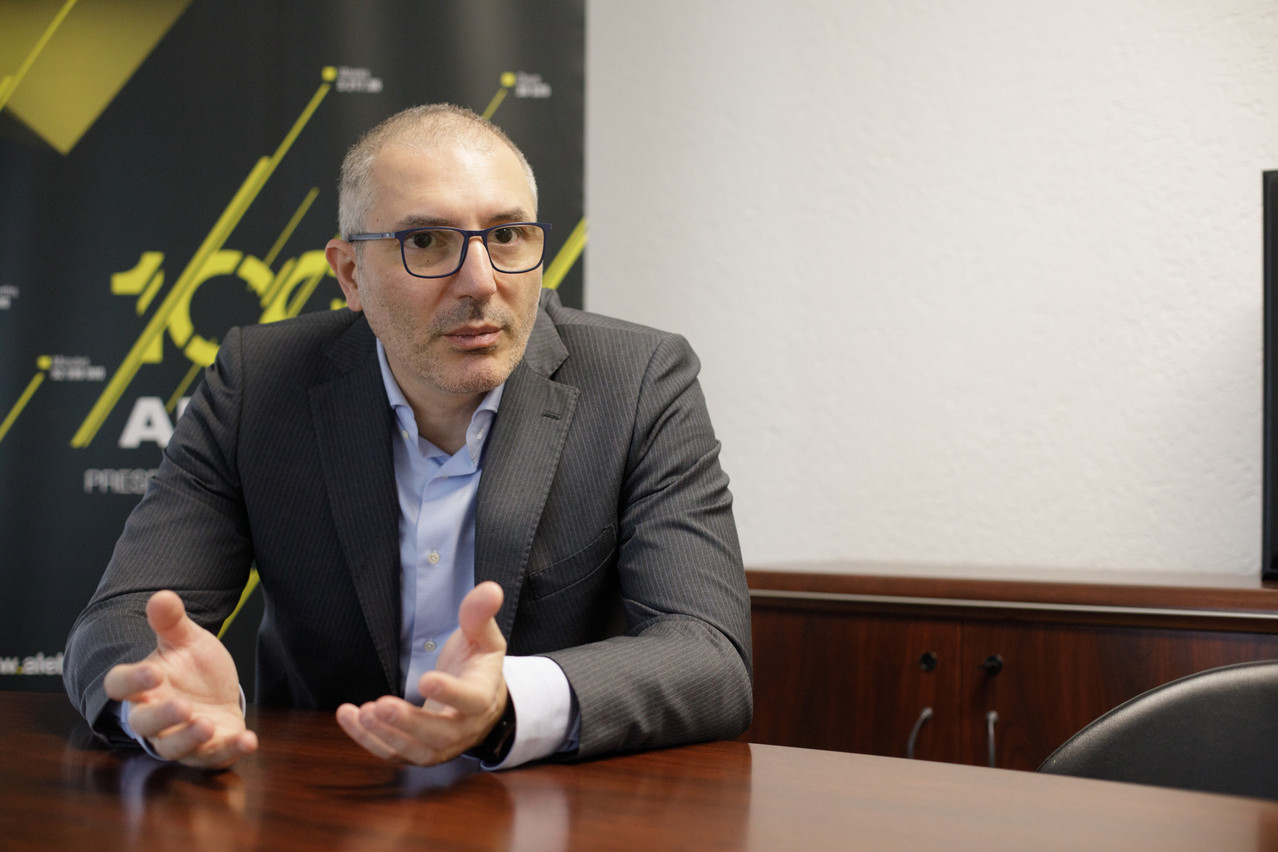The Aleba trade union is expanding out of its historic base in the financial sector, with ambitious plans to grow its membership and be recognised as a national union, according to its president, .
Mendolia explained during an interview that there are several factors that drove Aleba in this direction. Firstly, Aleba’s integral structure can be replicated across different economic sectors, given that “the law is the same for everybody, and we are quite successful in the financial sector since more than 100 years.” In other words, Aleba realised that its existing structure equips them to effectively support significant labour disputes outside of the financial services industry. And Aleba concluded that limiting the union’s scope solely to the financial sector was unnecessary, especially considering the inquiries received from members transitioning out of financial roles asking Aleba, “‘why can’t I vote for you anymore? Why are you not [representing] other sectors?’ For example, somebody works in a bank, moves to a big 4, that’s two different sectors,” he said.
Mendolia noted that Aleba’s expansion plan was driven secondly by increased competition from national unions, resulting in “staff delegations from other unions [being elected] in our sector. Previously, it was exclusively Aleba” in the financial sector. But today there are “Aleba staff delegates elected, for example, in hospitals, shops, telecommunication and IT companies.”
“We have to survive, to develop ourselves, otherwise, we won’t stay [around much] longer. We will slowly disappear like [what] we saw in the history of the unions.”
Our target is to be a national union in 2029
Becoming a trade union for all
In the 2019 social elections, a significant portion of staff delegations, 58%, remained unaligned with either of the two major national unions, noted Mendolia. “And we call that a neutral staff delegation.” He opined that it’s a “weak” status for employers, “in the sense that” unaligned staff delegations “have themselves to pay lawyers if they have to start a conflict in which it’s necessary to use a lawyer. And this is the difference with the union, which can support, train, develop, explain and promote the social dialogue with the delegates, if the delegation is under the banner of a union.”
“Our main message: Dear neutral staff delegations, please align and create a delegation” linked with Aleba.
As for the team expansion, Mendolia said that “currently we are 11,000 members. We want to [reach] in the next mandate 15,000, because we have to be progressive.” Aleba has noticed a chain reaction, meaning that when the first member at a firm joins the trade union, others follow naturally. He hopes to reach 20,000 members, “which would be a reasonable target for 2029, because our target is to be a national union in 2029.”
Team expansion
The Aleba team will need to expand as well, he said. Currently “we have six board members,” who balance union activity with their full-time jobs in the private sector. “We are extending this to fifty board members for the next mandate.”
“We have more or less ten lawyers working for us on a weekly basis, and we might arrive to fifteen lawyers,” since they need a ratio of roughly one lawyer per 1,000 members.
Despite the search for size, the union’s team still has its pulse on the workforce, he said. “Before being president for Aleba, I was first a staff delegate myself elected by co-workers [and] I’m still working for a company.”
Read also
Representative status
“I had the chance to meet Mr. Georges Mischo, the new [CSV] labour minister [in February]. And we agreed to start a discussion about our topic, that could bring us to the European court, after the [social] elections.” The ministry “knows exactly what I’m” calling for, Mendolia stated. Meaning “the modification of the laws about representative status,” which Aleba lost in 2021.
Sector representative status is mostly “symbolic” but the way Mendolia remembered it, after the loss he “immediately” told colleagues: “‘letz’ be national, because if we’re national, then we can really represent our guys.”
This interview first appeared in Delano’s print edition.

